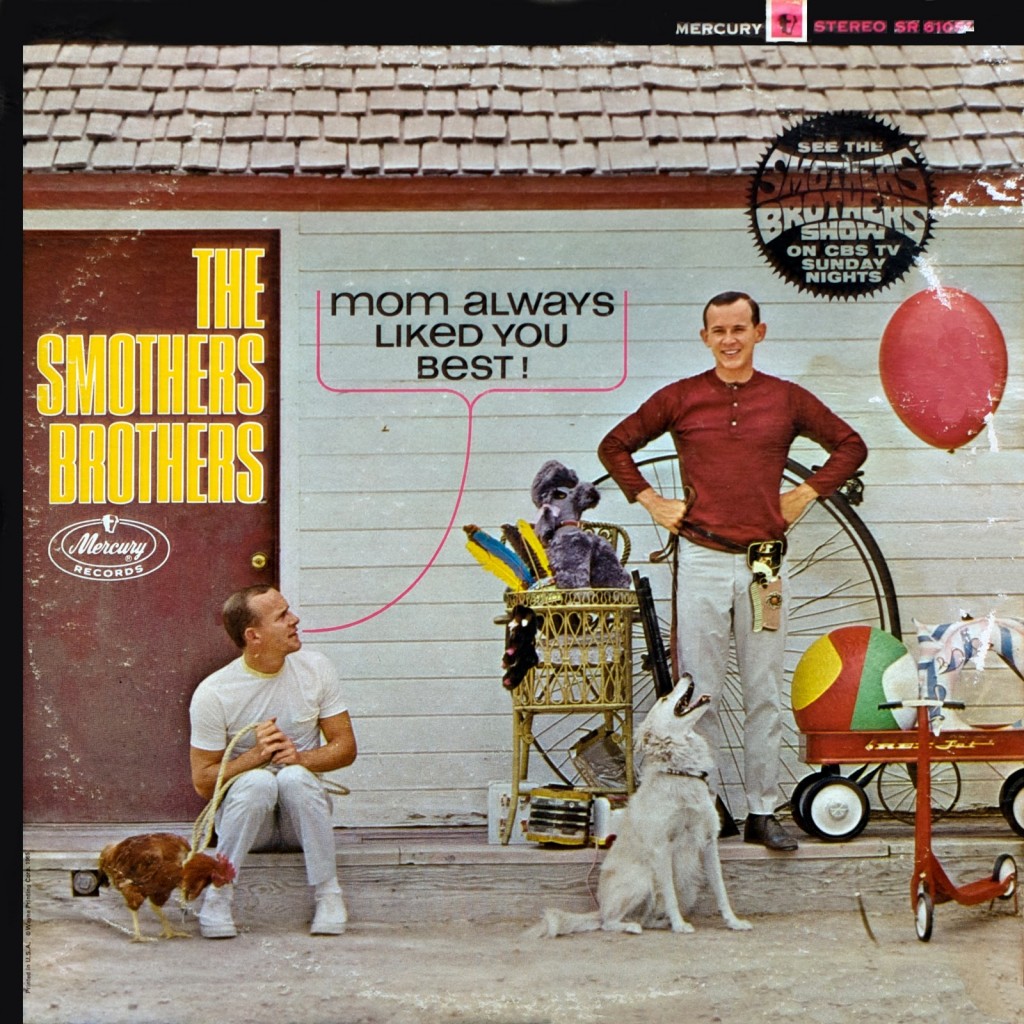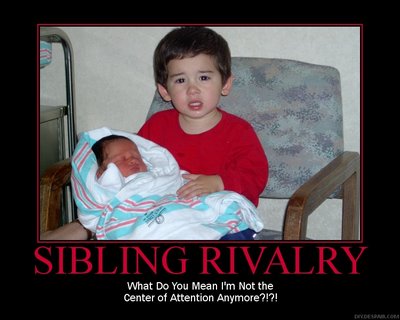Any parent that has more than one kid usually recognizes that all children are not the same, regardless of genetics or similar upbringings. Yes, there are The Osmonds and The Jacksons, where musical talent seems to be inherited. The same applies to some sports families. But, I would assert that more often than not, the kids we have are not that similar other than possibly looks, if we’ve had them with the same partners (obviously not counting adoption cases).
In my own family, I’ve found that my boys are incredibly different and, at times, this presents a large challenge for me. When one child is inherently more like yourself, it may be hard to not favor that child or have dissention with the other one. One of my boys takes after me – big-time – when it comes to his personality, while the other more resembles his biological mother’s temperament but really is just his own man.
Consequently, I see the good and the bad in the son that mirrors me while often struggling to even understand my other son. This puts the onus on me to work extra hard to be fair. While I often assert to my boys that “Life is not fair,” I believe it is unfair for me to unconsciously favor my son who more mirrors myself. The irony is that his missteps are more obvious to me, as well, and in that regard he probably is actually less favored.
I’ve written before about the dirty little secret that parents may simply like one kid better than another. It’s human nature. I think it can be compounded when we see ourselves more in one than another.
It took me a very long time and some therapist’s intervention to understand that the son I sometimes “don’t get” literally communicates in what sounds like a foreign language to me. Of course it’s English, but his choice of words is as alien to me – in many situations – as if it were another language.
The irony is that I write a lot about the differences between Men and Women and the ways that the sexes communicate yet I wasn’t picking up on this communication misconnect between me and my son. When the therapist figured it out and pointed it out to the both of us, it made perfect sense, resonated, but still left us puzzled as to how to communicate more effectively.
We’ve employed the often-advised repeat-it-back tool in which one of us (usually me) will say something such as, “So, let me be sure I understand what you’re saying. You’re saying that….” That offers my son the opportunity to re-word what he was saying or say I’d understood correctly. My frustration comes when I’m not getting “it” and I ask him to try and say it again in different words and he expresses that he can’t.
Sometimes, that response would trigger some anger from me along the lines of, “You could if you wanted to” or “You’re not trying.” I think both may be true at times but it doesn’t make any difference. I suppose the better solution is for me to try rephrasing it with, “Well, do you mean…” and, if necessary, do it again and again.
The contrast with my other son is stark. I can almost read his mind. I can feel when he’s in a bad mood while I can’t read such a mood in either my wife or my other son. Naturally, my wife expects me to read her mind – the eternal male-female dilemma.
Being right rarely means winning if the goal is to have a good relationship. With my wife, we often stand on our foolish pride about “being right” rather than work to figure out the misconnect that is usually just an innocent misunderstanding. With spouses, there’s supposed to be parity – equality in that both are (supposedly) adults. With parents and children, it really is up to dad or mom to take the high road and work to figure out the child.
Now that my younger son is older, I think we are both capable of striving to communicate better yet I still believe – sometimes against my pouty inner-self – that it shouldn’t always be up to me to figure out what he’s saying. So, I can continue to be “right” and have a weaker relationship with my son or I can work harder at learning his language.
Having only had boys, I imagine similar communication issues occur between opposite sex parents and kids. I can only speculate that the male-female communication issues that occur between opposite sex spouses might be similar with opposite sex parent and child. This is where I look to you, my readers, to share you own stories, illuminate and expand this discussion, and otherwise teach me.
How about skipping that $5 Starbucks latte and splurging $2.99 (for the Kindle on Amazon) or $2.79 for the PDF of my new e-book? Enjoy my own informercial for it! This e-book is really a virtual journey. It’s filled with 100 photos, 7 original videos, and links to many of the stops on the trip. Click on the book cover image below to find your purchase options:









